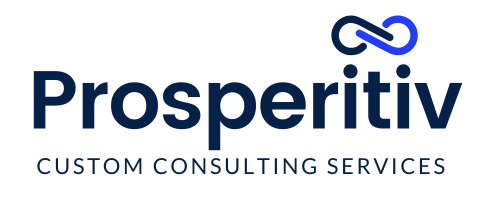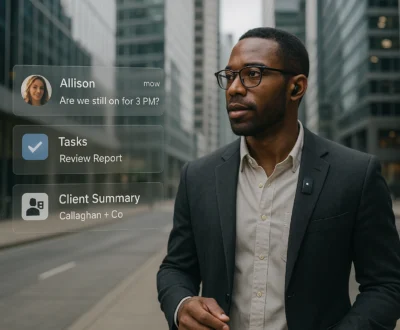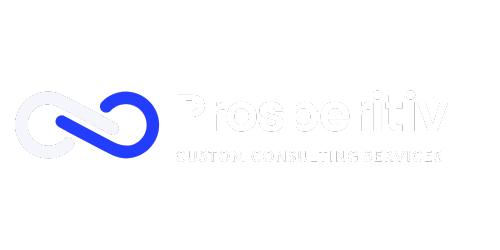
Are you struggling to generate a sufficient amount of organic traffic to your website? Not reaping the rewards for all your online marketing efforts?
One of the biggest challenges businesses face today is potential customers finding your competitors when looking for products or services like yours. It’s important to ensure that the organic traffic you generate can easily find what they are looking for on YOUR site.
SEO, SERPs and Organic Traffic
When it comes to organic traffic, SEO is an immensely powerful way of increasing the number of website visitors. Everything happens online and over time as it’s not a magic bullet. Things could get worse if your competitor has hired an SEO expert who understands the process better than you and your team.
With online marketing and ‘findability’, it all relies on how you rank on search engine result pages, whether it’s Google or Yahoo. If your competitors have a better page ranking, they will likely end up higher on search results, making it easier for people to find them. Ranking higher on SERPS is a sure way of potential customers interacting with brands.
How Good SEO Can Result In More Organic Traffic
Many people think that SEO is a mind-numbing process of keyword stuffing or pay-per-click advertising (PPC) but that couldn’t be further from the truth. The real value is that you can do so much to drastically increase your SEO without costing you a thing. Here’s how to get started right away:
1. Optimise Website Content For Humans, Not Search Engines
Before anyone can find you online, you need to create quality content that will attract the right people to your website. This process is often referred to as “content marketing” as it uses content to attract web visitors and increase organic traffic.
The way search engines rank your content is based on algorithms that look at certain criteria. Not that long ago, marketers created content that met the requirements for search engines without considering how it appeared for human readers. This meant using a large number of keywords all over the content which was good for search engines but not so much for you and me reading it.
Thankfully, Google and other major search engines made the necessary changes and, today, keywords are secondary behind quality content for human consumption. If the content on your website is educational, engaging and high quality, it will naturally improve your SEO.

2. Post Quality, Relevant Content Regularly
The best way to create quality content is to think about your target audience from the start. Find out what motivates them or what problems they face every day. Your content should provide them with a solution or advice on how to overcome their challenges.
When you are writing, ask yourself what you think your customers want to read and then write about that. Online content refers to several aspects and that includes website copy, blogs, social media and other things like infographics, eBooks and whitepapers.
While no single blog post will continuously generate the required amount of organic traffic, but combining it with other elements is immensely powerful. Blogging consistently can help increase organic traffic to your website so make sure it’s more interesting and informational for your visitors.
Related: ‘Steps To Create Pillar Content In 2020’
3. Utilise The Power Of Blogging
The blogosphere is an interesting place to be as it involves more than just writing and posting a blog. It’s one thing to have a great blog and website but what about engaging with other people’s content?
An effective way of generating more organic traffic is by reaching out to other bloggers and individuals on larger sites and message boards. Interacting with their content will also promote brand awareness which, in turn, could increase interactions with your website.
Make sure to read, comment, and link to other people’s sites and blogs but don’t do it randomly. It’s best to focus on highly relevant ones within your niche so you can encourage them to do the same for your site. Creating such a symbiotic relationship means it’s a win-win situation for all parties involved.
4. Perfect Your Website Metadata
Whenever you post new content, it needs Metadata which refers to on-page SEO factors, including a Meta title, URL, description and image. Metadata helps make your content as attractive as possible to readers while ensuring search engines can still find and rank you.
Several publishers, like WordPress, make it easier so that even beginners can start to understand the basics. Here are some of the most important aspects you need to remember:
- Make the title catchy and enticing but between 50-60 characters
- Use short, SEO-friendly permalinks of 2-4 words
- Insert primary keyword in the title, Meta description and headings throughout
- Add modifiers to your title, such as “best”, “top” or industry-specific (Best Marketing Guide For Travel Agents)
- Compliment your text with images, videos, diagrams and other graphics (E-A-T Principle)
- Add ‘alt text’ to your images and include the primary keyword
5. Build A Strong Domain Authority With Quality Inbound Links (Backlinks)
As previously mentioned, Google looks at many different ranking factors and backlinks are a major consideration. If a site has several quality inbound links from trustworthy sites with high organic traffic and strong domain authority, that site will benefit from ranking higher on valuable keywords.
Backlinks are seen as other people and companies vouching for your site so the more you have, the higher your website will rank. Ask your existing clients, friends, family members, partners, colleagues and suppliers within your industry to link to your site. It won’t cost them, or you, anything except a few minutes. Another great way to build links is through guest posting (guest blogging).
Related: ’33 White Hat Ways to Build Backlinks for SEO’

6. Use Social Media To Drive Organic Traffic
While Google doesn’t technically regard social media as a primary ranking factor at the moment, it could change at any time. However, that doesn’t mean you can ignore it as social media plays a significant role in driving organic traffic to your website.
Social media can make all the difference even to a brand new website as long as it has a strong following or potential readership for your content. All you need to do is add a link to your website across your social media channels and that includes your bio, blogs and daily posts.
You can also use social media to engage with your followers so they can put a face to a name and see you as a person, not an entity. Be active on social media by posting regularly, like, share and add friends or follow people who like or watch your posts.
Related: ‘Using Social Media To Boost Your SEO Campaign’
Final Thoughts
Social media channels may have lost some appeal as they no longer generate as much organic traffic as they used to. However, one should never underestimate the power it has when combined with quality content and solid SEO practices.
If you have a strong following on Twitter, Facebook, LinkedIn, Instagram or YouTube, you’re already in a powerful position. Make the effort by commenting on the pages of some major players within your niche and announce new products or services that will be available in the near future.
We hope that these tips have shed some light on how you can increase the organic traffic to your website. As always, if you need additional information or require the services of an expert digital marketing agency, visit our website or call us on 01453 542761 to discuss your requirements.
Recent Posts
Popular Posts
About us and this blog
We are a digital marketing company with a focus on helping our customers achieve great results across several key areas.
Request a free quote
We offer professional SEO services that help websites increase their organic search score drastically in order to compete for the highest rankings even when it comes to highly competitive keywords.














